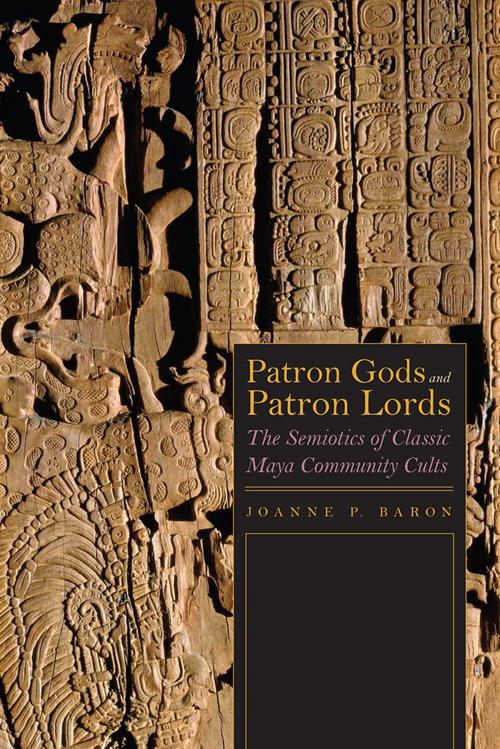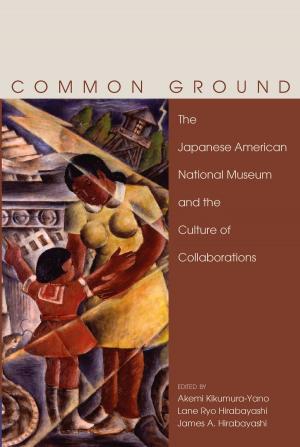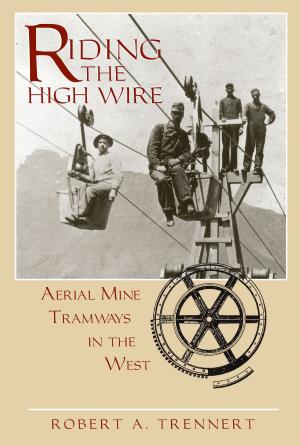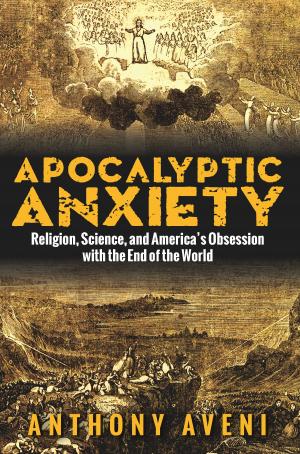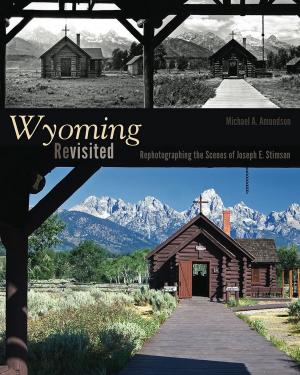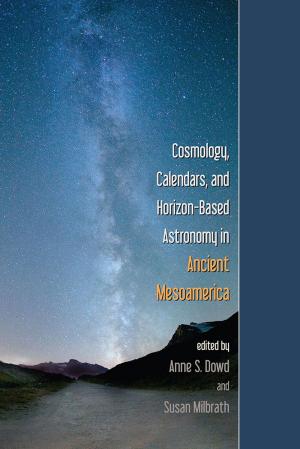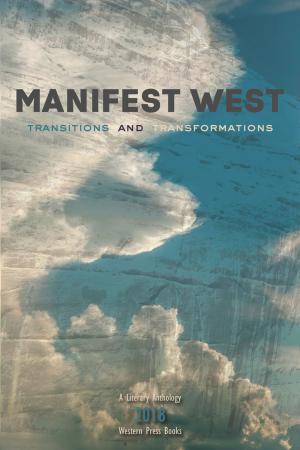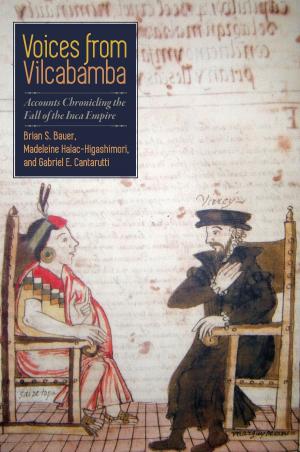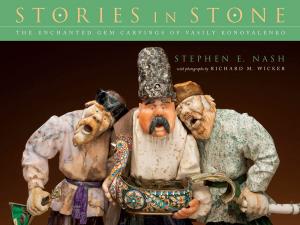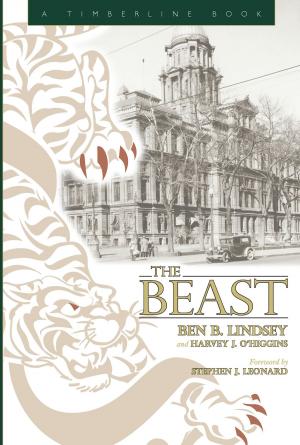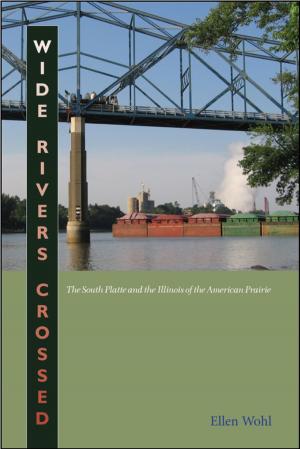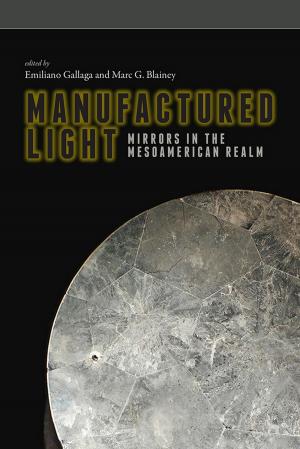Patron Gods and Patron Lords
The Semiotics of Classic Maya Community Cults
Nonfiction, Social & Cultural Studies, Social Science, Archaeology| Author: | Joanne Baron | ISBN: | 9781607325185 |
| Publisher: | University Press of Colorado | Publication: | December 1, 2016 |
| Imprint: | University Press of Colorado | Language: | English |
| Author: | Joanne Baron |
| ISBN: | 9781607325185 |
| Publisher: | University Press of Colorado |
| Publication: | December 1, 2016 |
| Imprint: | University Press of Colorado |
| Language: | English |
In the first comprehensive treatment of Classic Maya patron deity veneration, Joanne P. Baron demonstrates the central importance of patron deity cults in political relationships between both rulers and their subjects and among different Maya kingdoms. Weaving together evidence from inscriptions, images, and artifacts, Patron Gods and Patron Lords provides new insights into how the Classic Maya polity was organized and maintained.
Using semiotic theory, Baron draws on three bodies of evidence: ethnographies and manuscripts from Postclassic, Colonial, and modern Maya communities that connect patron saints to pre-Columbian patron gods; hieroglyphic texts from the Classic period that discuss patron deity veneration; and excavations from four patron deity temples at the site of La Corona, Guatemala. She shows how the Classic Maya used patron deity effigies, temples, and acts of devotion to negotiate group membership, social entitlements, and obligations between individuals and communities. She also explores the wider role of these processes in politics, arguing that rituals and discourses related to patron deities ultimately formulated Maya rulership as a locally oriented institution, which limited the ability of powerful kingdoms to create wider religious communities.
Applying a new theoretical approach for the archaeological study of ideology and power dynamics, Patron Gods and Patron Lords reveals an overlooked aspect of the belief system of Maya communities.
In the first comprehensive treatment of Classic Maya patron deity veneration, Joanne P. Baron demonstrates the central importance of patron deity cults in political relationships between both rulers and their subjects and among different Maya kingdoms. Weaving together evidence from inscriptions, images, and artifacts, Patron Gods and Patron Lords provides new insights into how the Classic Maya polity was organized and maintained.
Using semiotic theory, Baron draws on three bodies of evidence: ethnographies and manuscripts from Postclassic, Colonial, and modern Maya communities that connect patron saints to pre-Columbian patron gods; hieroglyphic texts from the Classic period that discuss patron deity veneration; and excavations from four patron deity temples at the site of La Corona, Guatemala. She shows how the Classic Maya used patron deity effigies, temples, and acts of devotion to negotiate group membership, social entitlements, and obligations between individuals and communities. She also explores the wider role of these processes in politics, arguing that rituals and discourses related to patron deities ultimately formulated Maya rulership as a locally oriented institution, which limited the ability of powerful kingdoms to create wider religious communities.
Applying a new theoretical approach for the archaeological study of ideology and power dynamics, Patron Gods and Patron Lords reveals an overlooked aspect of the belief system of Maya communities.
